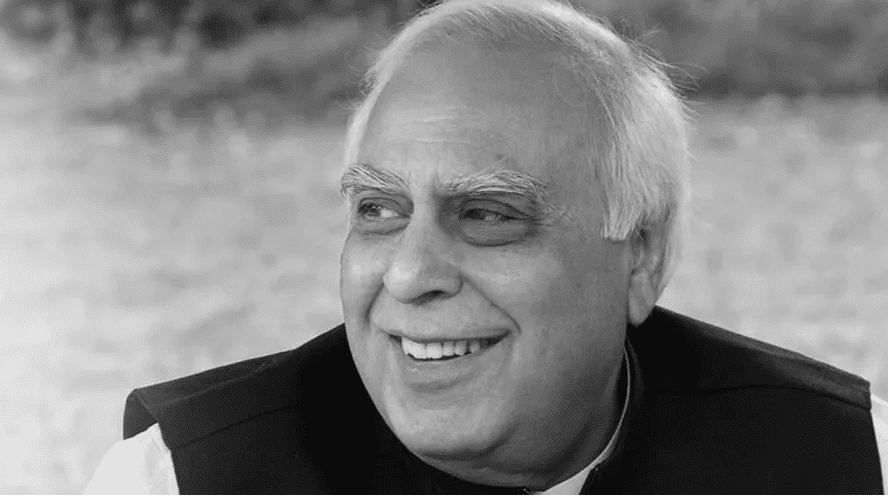Senior Congress leader Kapil Sibal on Wednesday took to Twitter to say that ‘when fighting for principles, opposition is often voluntary and support is
often managed’. “When fighting for principles in life, in politics, in law, amongst social activists, on social media platforms, opposition is often voluntary, support is often managed,” the senior Congress leader said on Twitter.
Sibal was one of the 23 leaders who have written to party chief
Sonia Gandhi seeking an organisational overhaul. The letter triggered a storm at the Congress Working Committee (CWC) meeting on
Monday.
Sibal’s remarks come in the backdrop of the controversy over the
letter written by 23 Congress leaders, including him, to Sonia Gandhi, in which
they called for far-reaching reforms within the party, such as having a
“full time, active and visible” leadership, devolution of powers to
state units and revamping the CWC in line with the party constitution.
Several leaders in the run up to the CWC meet and during it had
rallied behind Sonia Gandhi and Rahul Gandhi, while lashing out at the letter
writers.
Former party chief Rahul Gandhi is also learnt to have
criticised the letter writers at the meeting of the party’s top decision-making
body CWC.
Making no direct reference to the events, Sibal had posted a
cryptic tweet on Tuesday as well saying: “It’s not about a post. It’s
about my country which matters most.” A day after being dissed at the CWC
meet, several members of the ‘group of 23’ said on Tuesday they were “not
dissenters” but “proponents of revival”. Many of them also
backed Sonia Gandhi remaining at the helm.
After the seven-hour meeting of the party’s top decision-making
body, the CWC urged Sonia Gandhi to continue as its interim chief till an AICC
session could be convened and authorised her to effect necessary organisational
changes to deal with the challenges facing the party.
It made it clear no one would be permitted to undermine or
weaken the party and its leadership.
The CWC also resolved that
inner-party issues cannot be deliberated through the media or in public fora and
all such issues must be raised within the party “in the interest of
propriety and discipline”.







